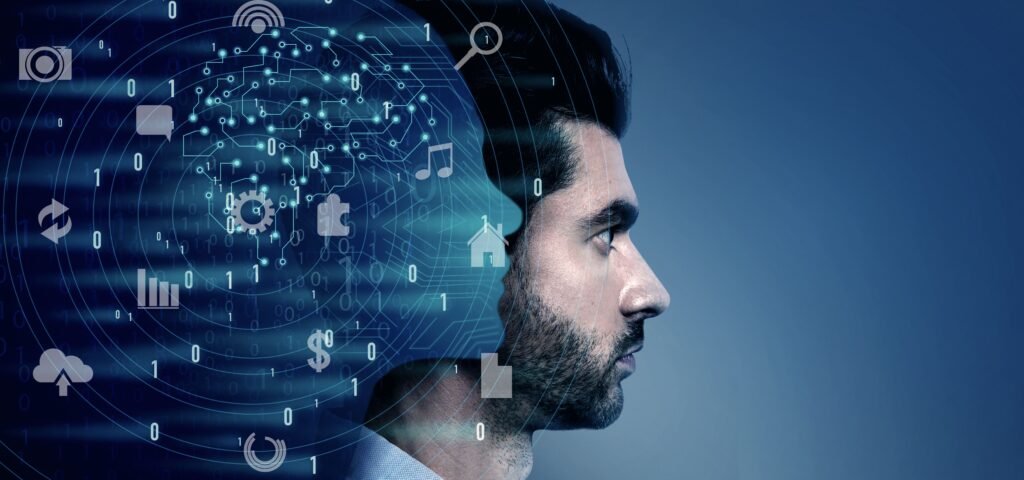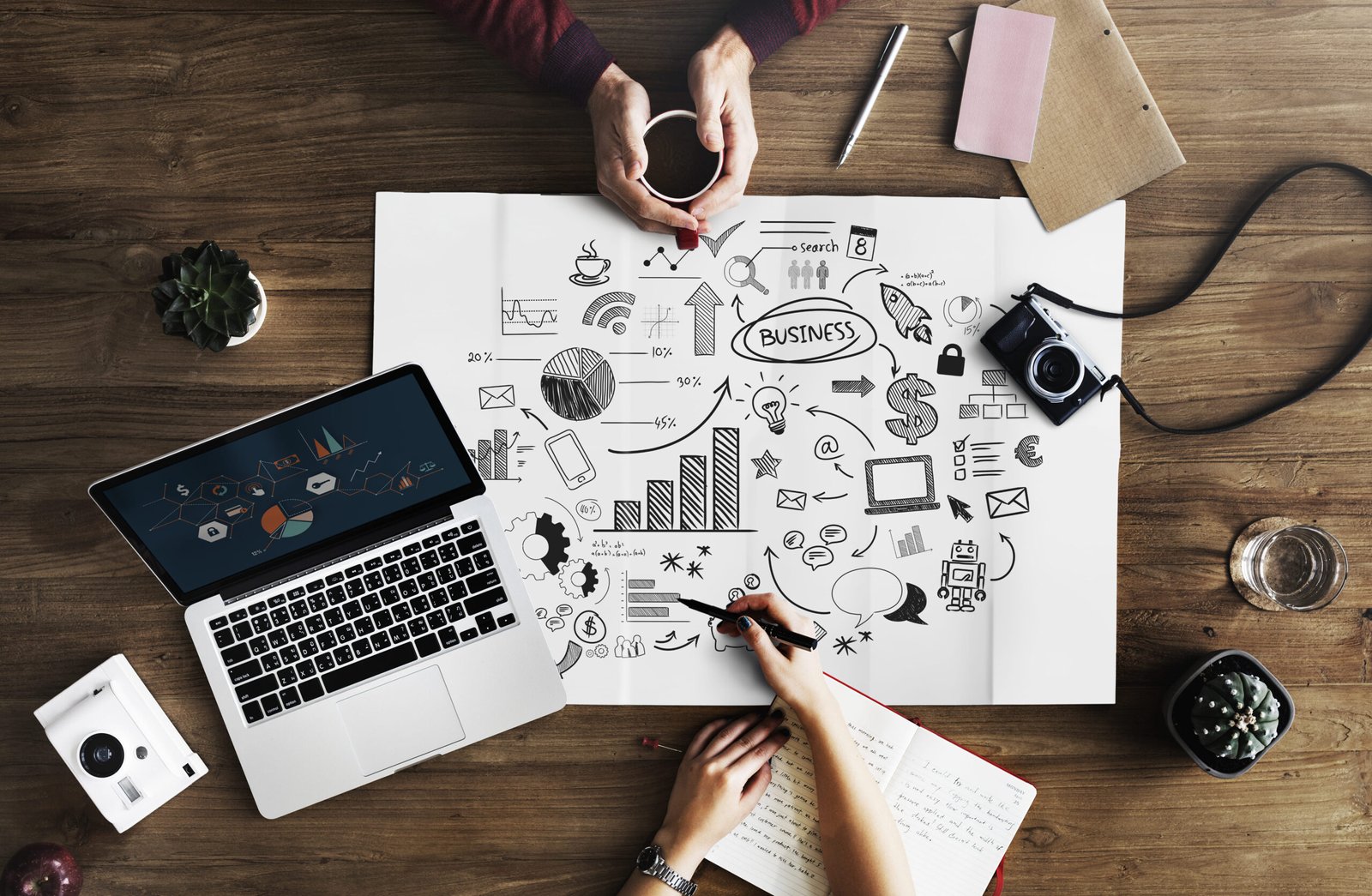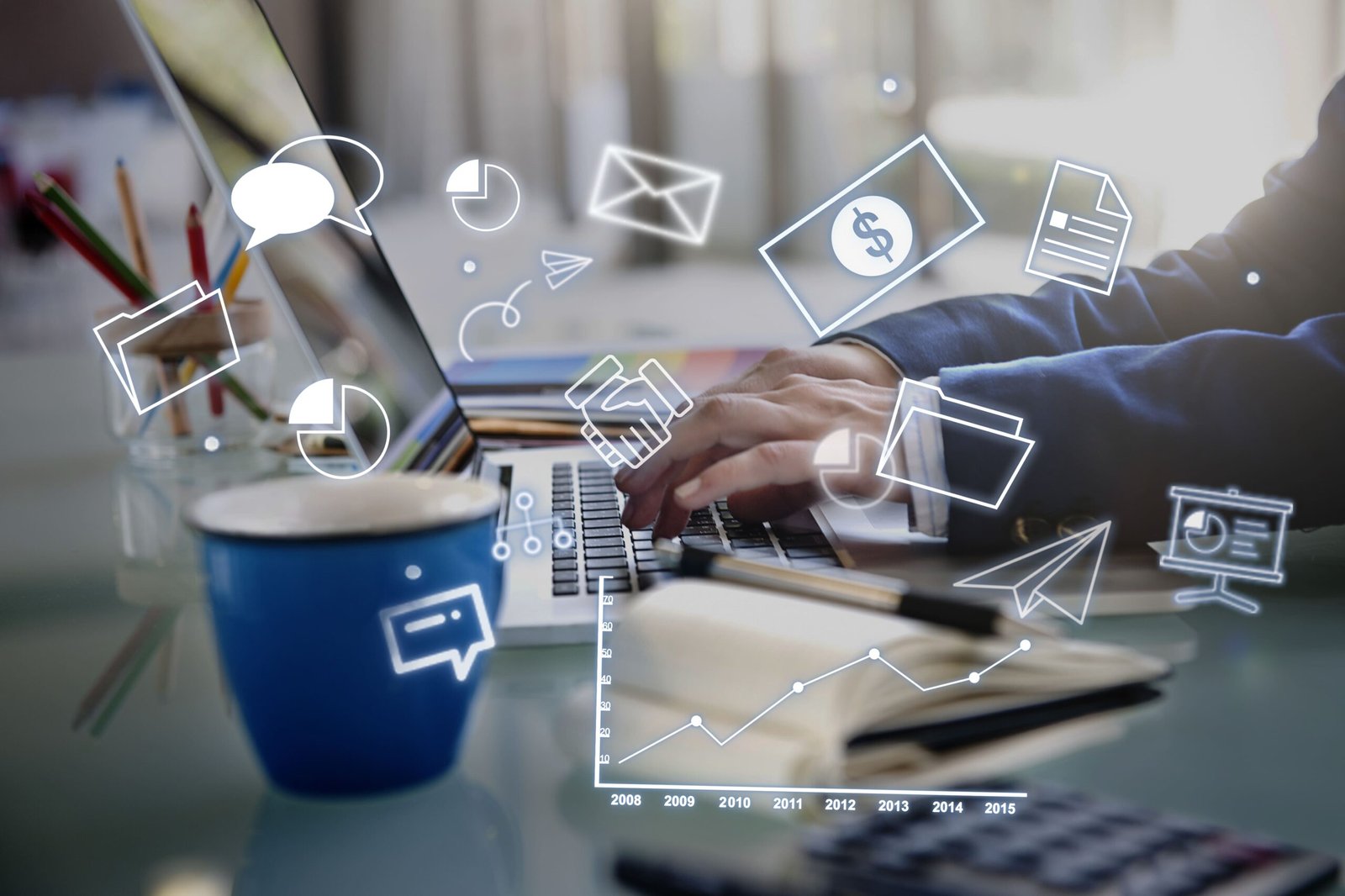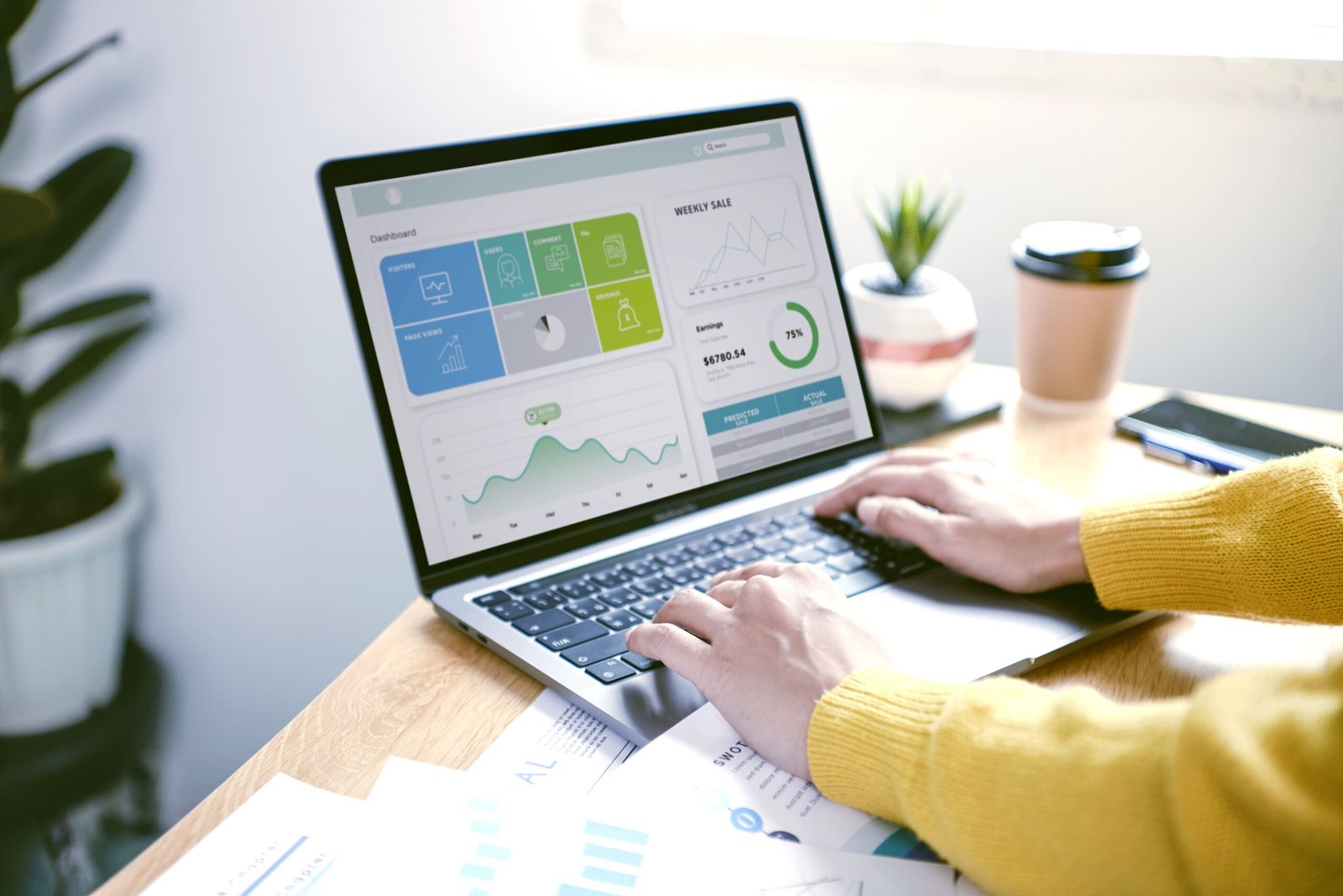In the ever-evolving world of technology, Artificial Intelligence (AI) has emerged as a game-changer, revolutionizing industries across the board. One of the fields experiencing the most significant transformation is digital marketing. By 2025, AI is expected to reshape how businesses connect with their audiences, optimize campaigns, and drive results. In this article, we’ll explore how AI is changing digital marketing and what it means for businesses and consumers alike.
1. Hyper-Personalized Customer Experiences
One of the most noticeable impacts of AI in digital marketing is its ability to deliver hyper-personalized experiences. In 2025, AI-powered tools analyze vast amounts of data, including browsing behavior, purchase history, and social media activity, to create highly tailored content for each individual.
For example, AI can predict what products a customer might be interested in based on their past behavior and serve them personalized ads or email recommendations. This level of personalization not only improves customer satisfaction but also increases conversion rates. Brands that leverage AI for personalization will stand out in a crowded marketplace.
2. Smarter Chatbots and Customer Support
AI-driven chatbots have already made their mark, but by 2025, they will become even more sophisticated. These chatbots will be capable of understanding natural language, detecting emotions, and providing instant, accurate responses to customer queries.
Imagine a chatbot that can handle complex customer service issues, recommend products, and even upsell or cross-sell without human intervention. This not only saves businesses time and money but also ensures that customers receive 24/7 support. As AI continues to improve, chatbots will become indistinguishable from human agents in terms of efficiency and effectiveness.
3. Predictive Analytics for Smarter Decision-Making
In 2025, AI-powered predictive analytics will play a crucial role in helping marketers make data-driven decisions. By analyzing historical data and identifying patterns, AI can predict future trends, customer behavior, and campaign performance.
For instance, AI can forecast which products are likely to become best-sellers, which marketing channels will yield the highest ROI, and even which customers are at risk of churning. This allows businesses to allocate resources more effectively and stay ahead of the competition.
4. Enhanced Content Creation
Content is king in digital marketing, and AI is becoming an invaluable tool for content creation. By 2025, AI-powered tools like ChatGPT and others will be able to generate high-quality blog posts, social media captions, and even video scripts in a matter of seconds.
While human creativity will always be essential, AI can assist by generating ideas, optimizing content for SEO, and ensuring consistency across platforms. This not only speeds up the content creation process but also allows marketers to focus on strategy and storytelling.

5. Improved Ad Targeting and Optimization
AI is transforming how businesses run and optimize their ad campaigns. In 2025, AI algorithms will analyze user data in real-time to deliver ads to the right audience at the right time. This ensures that marketing budgets are spent efficiently and that ads resonate with their intended audience.
Additionally, AI can automatically adjust ad placements, budgets, and creatives based on performance. For example, if an ad isn’t performing well, AI can tweak the copy, imagery, or targeting to improve results. This level of automation allows marketers to achieve better outcomes with less manual effort.
6. Voice Search Optimization
With the rise of smart speakers and voice assistants like Alexa, Siri, and Google Assistant, voice search is becoming increasingly popular. By 2025, AI will play a critical role in optimizing content for voice search.
AI-powered tools will help businesses understand how people phrase their voice queries and create content that matches these conversational tones. This will be essential for staying visible in search engine results as voice search continues to grow.
7. Real-Time Data Analysis
In the fast-paced world of digital marketing, timing is everything. AI enables real-time data analysis, allowing marketers to monitor campaigns and make adjustments on the fly.
For example, if a social media post is gaining traction, AI can identify the trend and suggest boosting the post to maximize reach. Similarly, if a campaign isn’t performing as expected, AI can quickly pinpoint the issue and recommend solutions. This agility is crucial for staying competitive in 2025.
8. Ethical Considerations and Transparency
As AI becomes more integrated into digital marketing, ethical concerns will come to the forefront. Consumers are becoming more aware of how their data is being used, and businesses must prioritize transparency and privacy.
In 2025, companies that use AI responsibly and ethically will build stronger trust with their audiences. This means being clear about data collection practices, obtaining consent, and ensuring that AI-driven decisions are fair and unbiased.
9. AI-Driven Visual and Video Marketing
Visual content, especially video, is dominating digital marketing. AI is making it easier than ever to create and optimize visual content. By 2025, AI tools will be able to generate personalized videos, edit footage, and even create virtual influencers.
For example, AI can analyze which colors, fonts, and imagery resonate most with a target audience and automatically adjust visuals to maximize engagement. This level of automation will make visual marketing more accessible and effective for businesses of all sizes.
10. The Role of Marketers in an AI-Driven World
While AI is transforming digital marketing, it’s important to remember that it’s a tool, not a replacement for human creativity and intuition. In 2025, successful marketers will be those who can harness the power of AI while still bringing their unique insights and ideas to the table.
Marketers will need to focus on strategy, storytelling, and building genuine connections with their audiences. AI can handle the heavy lifting, but it’s up to humans to ensure that campaigns are meaningful and impactful.
Conclusion
AI is undeniably changing the landscape of digital marketing, and by 2025, its influence will be more profound than ever. From personalized customer experiences to smarter ad targeting and enhanced content creation, AI is enabling businesses to work smarter, not harder.
However, with great power comes great responsibility. As AI continues to evolve, businesses must prioritize ethical practices and maintain a human touch in their marketing efforts. By embracing AI while staying true to their values, marketers can unlock new opportunities and drive success in the digital age.




